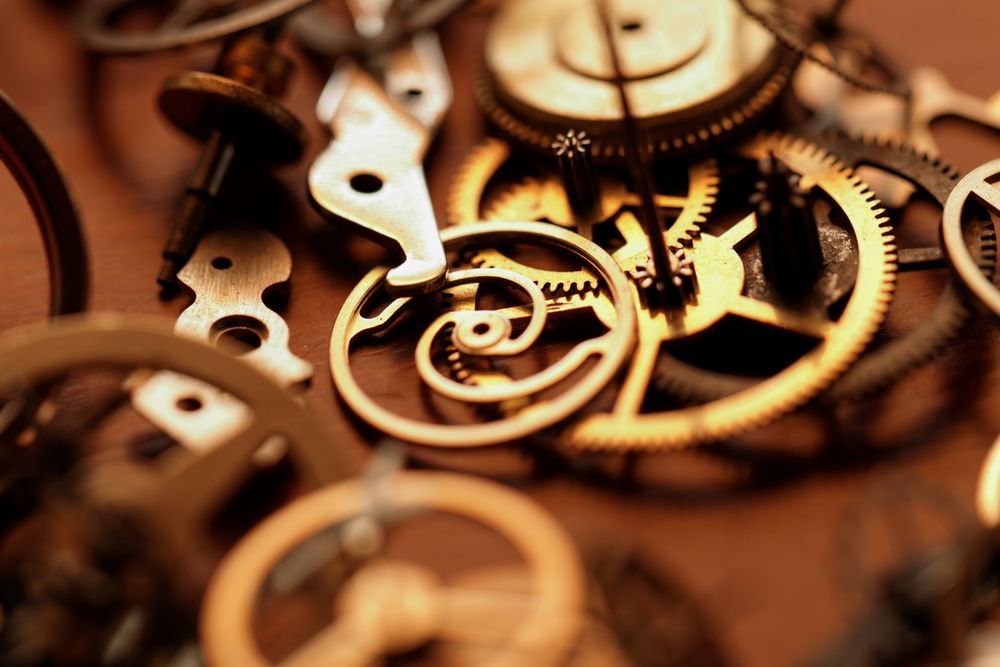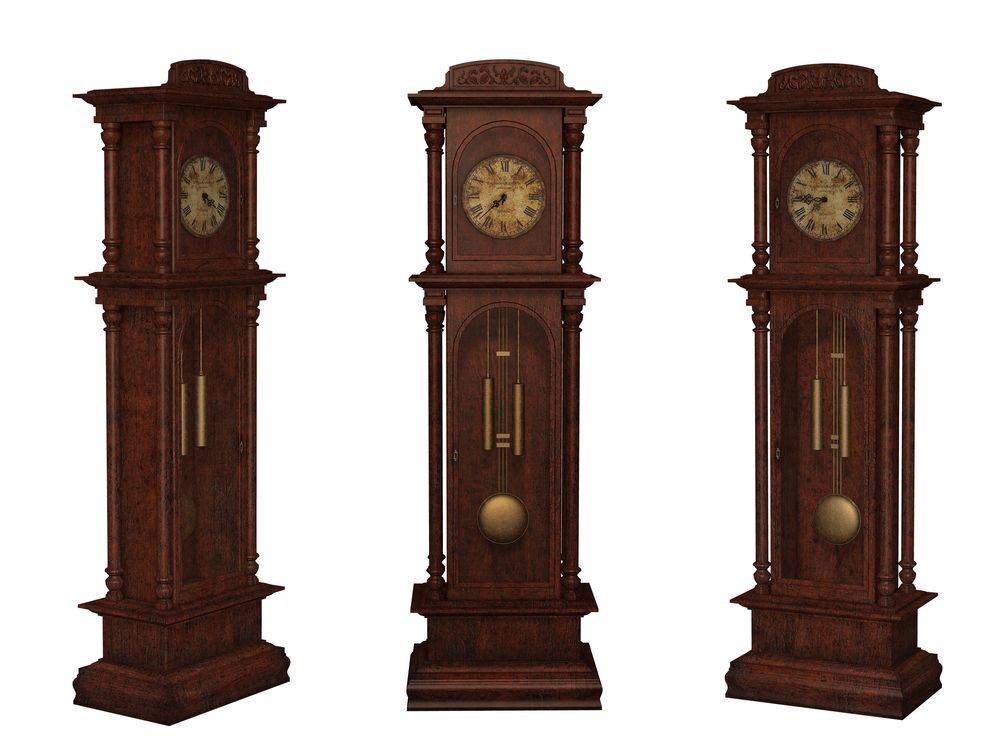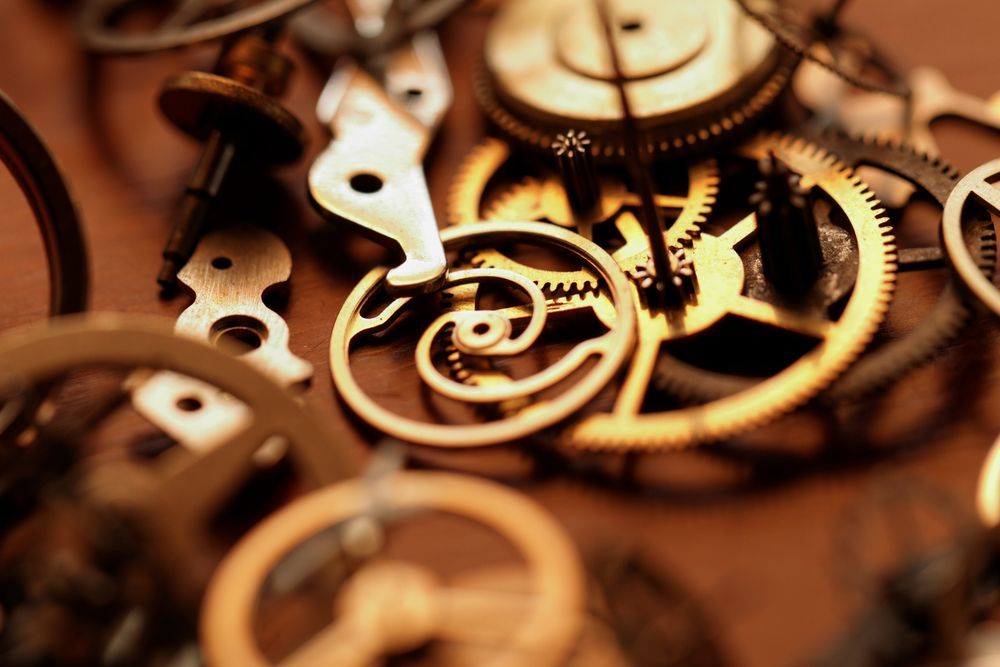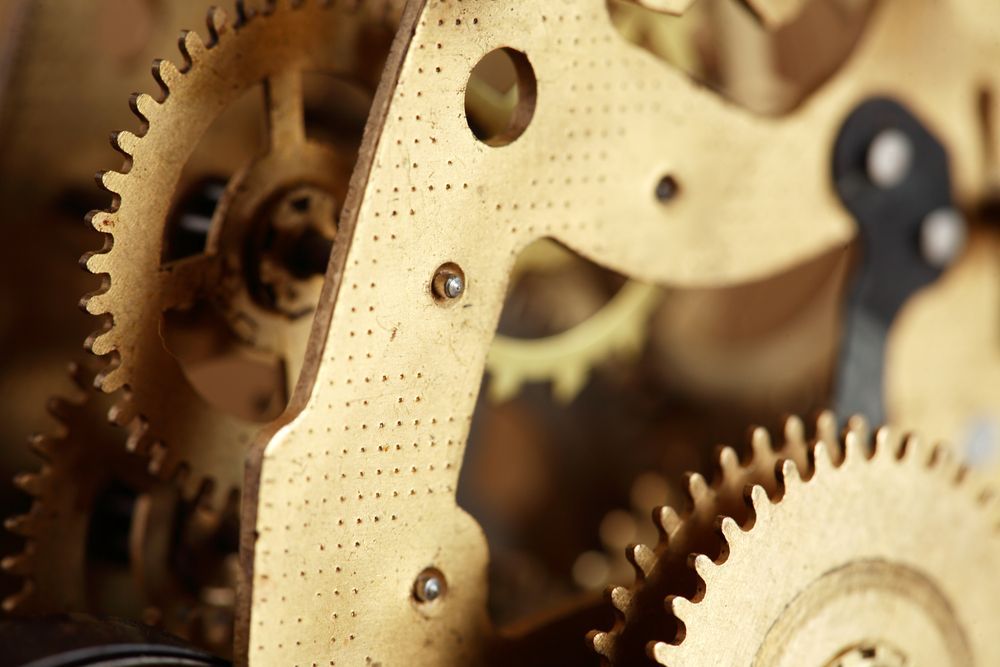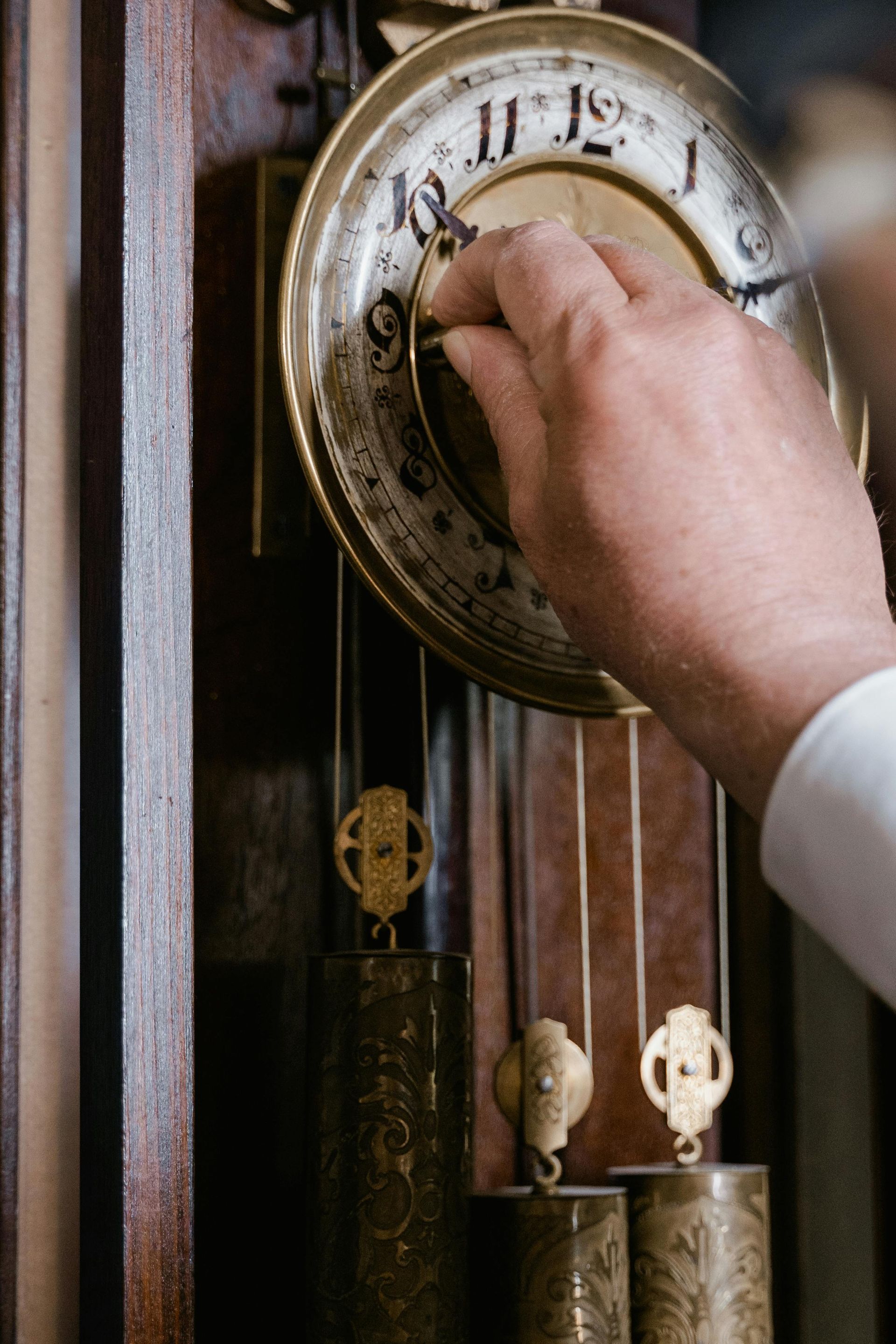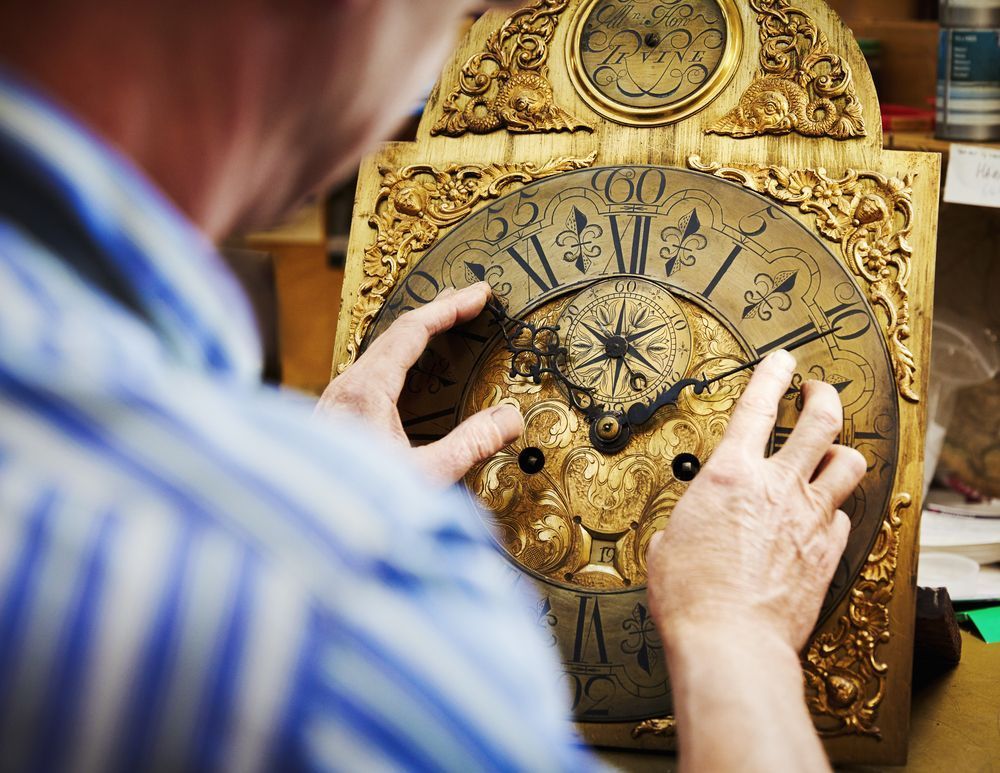Battery Clock Mechanism Replacement: When to Do It
Battery-operated clocks are reliable and convenient, requiring little maintenance to keep time accurately. However, even the best battery clocks sometimes need repairs, with the clock mechanism itself being one of the most common points of failure. Knowing when to replace your clock's mechanism can keep your clock functioning smoothly, help preserve its lifespan, and ensure you don't lose time—literally or figuratively!
Understanding the Battery Clock Mechanism
Battery clock mechanisms are relatively simple systems that operate using a battery to move the hands and keep time accurately. The mechanism, also known as the movement, is the heart of the clock and functions by driving the hour, minute, and sometimes second hands. Over time, wear and tear, battery corrosion, or exposure to adverse conditions can impact the mechanism's performance. Replacing the battery clock mechanism at the right time can save you money and prevent frustration from repeated failures.
Signs That Your Battery Clock Mechanism Needs Replacement
Several signs indicate that a clock's battery mechanism may need replacement. These signs aren't always obvious, so understanding them can help you decide when it's time to seek help from professionals like the Chicago Clock Company, where you can get expert clock repair and battery replacement services.
Clock Stopping or Losing Time
One of the clearest indicators of a failing clock mechanism is when your clock stops unexpectedly or begins to lose time. This issue could be due to a low battery, but if the problem persists even after replacing the battery, the mechanism itself may be worn out.
Battery Drains Quickly
If your clock goes through batteries unusually quickly, it's a warning sign that something is wrong. A properly functioning battery clock mechanism should not require frequent battery replacements. Constant battery drainage can signal an internal fault that is drawing excess power, often indicating the need for a mechanism replacement.
Clock Hands Are Stuck or Moving Erratically
When the clock hands get stuck or start moving erratically, this may be due to wear or misalignment within the mechanism. Attempting to fix this issue by readjusting the hands often doesn't solve the underlying problem. In cases where the hands continue to jam or skip, a replacement mechanism is likely required.
Irregular Ticking Sound or No Sound at All
Battery-operated clocks usually produce a faint, steady ticking sound. If you notice an unusual or irregular ticking or no sound at all, it could mean the internal parts of the mechanism are damaged or have shifted out of alignment. Replacing the mechanism can often restore the clock's normal function and sound.
Diagnosing Common Battery Clock Issues
While some signs point directly to a battery clock mechanism replacement, others could indicate a simpler issue. Here are a few diagnostic steps to confirm the source of the problem:
Check the Battery
Before jumping to conclusions, always start by replacing the battery with a fresh one. Often, a weak or dead battery is the root of timekeeping issues. If your clock still fails to operate smoothly after battery replacement, you're likely dealing with a mechanism problem.
Inspect for Corrosion
Battery corrosion is a common issue in battery-operated clocks. This corrosion can interfere with the electrical contact between the battery and the mechanism, disrupting timekeeping. You can gently clean corrosion with a cotton swab dipped in vinegar, but if corrosion persists, a mechanism replacement may be necessary to prevent further issues.
Evaluate the Movement of the Hands
Observe how the clock hands move. If they appear to be moving in jerky, inconsistent motions, the internal gears might be damaged. In this case, a replacement mechanism is often more practical than attempting repairs on the small, intricate components.
How to Choose the Right Replacement Mechanism
When choosing a replacement mechanism, compatibility with your clock's design and size is crucial. Here's what to look for when selecting a new mechanism:
Determine the Shaft Length and Size
The shaft length and diameter are essential specifications to ensure the new mechanism fits your clock face and dial. Measure the old mechanism's shaft to match it accurately with the replacement. Common shaft lengths range from 1/4 inch to 1/2 inch, depending on the thickness of the clock face.
Select the Right Movement Type
Consider the type of movement you need. The most common types are quartz movements, which are reliable and accurate for battery-operated clocks. For clocks with additional functions like chimes or pendulums, make sure the replacement mechanism supports these features.
Choose Quality over Cost
Though it can be tempting to opt for the cheapest mechanism available, higher-quality mechanisms offer better reliability and longer lifespans. Look for reputable manufacturers and vendors, especially if you want a lasting solution for your clock.
Professional Clock Mechanism Replacement: Benefits and When to Consider It
While a DIY approach can work for simpler clock mechanisms, a professional repair is often the best option for complex or valuable clocks. Here's why:
Expertise and Precision
Professional repair technicians, such as those at Chicago Clock Company, bring years of expertise and the precision required to handle delicate clock components. Their experience ensures that the mechanism replacement will be done with meticulous care, preserving your clock's aesthetics and functionality.
Guaranteed Quality
Many professional services offer warranties or guarantees on their repairs. This assurance can be invaluable, especially for intricate clocks or cherished family heirlooms.
Free Estimates and Expert Advice
Professionals can also provide free estimates, allowing you to understand the cost and scope of the work required. Additionally, they can advise whether a replacement mechanism is necessary or if the issue might be resolved with a simple repair.
Benefits of Regular Maintenance for Battery-Operated Clocks
Battery clock maintenance is often overlooked, yet regular care can help prevent premature mechanism failure and prolong the life of your clock. Here are a few maintenance tips to keep your clock in top shape:
Replace Batteries Annually
Even if the battery appears to be working fine, consider changing it once a year to prevent unexpected interruptions. Battery leakage or corrosion is less likely with regular battery replacements.
Store Clocks in a Suitable Environment
High humidity, dust, and extreme temperatures can damage battery clock mechanisms over time. Keep your clock in a stable environment and avoid placing it in direct sunlight, which can cause parts to warp or discolor.
Periodic Cleaning
Dust and debris can accumulate on the clock's face and hands, affecting its overall function. A gentle cleaning with a microfiber cloth can help maintain the clock's appearance and performance.
Why Choose the Chicago Clock Company for Battery Clock Mechanism Replacement?
When it's time to replace your battery clock mechanism, choosing a professional repair service like the Chicago Clock Company ensures the job is done right. With years of experience in clock repair, battery replacement, and sales, the Chicago Clock Company brings precision, expertise, and high-quality service to every repair job. We understand the unique needs of each clock and take pride in providing reliable, timely solutions.
Not only do we offer expert clock repairs, but our team also provides free estimates while you wait, giving you the information you need upfront. Whether you're looking for a quick battery replacement, a full mechanism replacement, or just some friendly advice on maintaining your clock, we're here to help.
Call Us for Your Clock Repair Needs
If your clock has been showing signs of mechanism issues, don't wait until it stops entirely. Reach out to us for all your clock repair needs. Our team is ready to provide high-quality battery clock mechanism replacements and expert advice to keep your clocks ticking reliably. Call us now for an appointment or drop by for a free estimate—you'll be back on time in no time!


